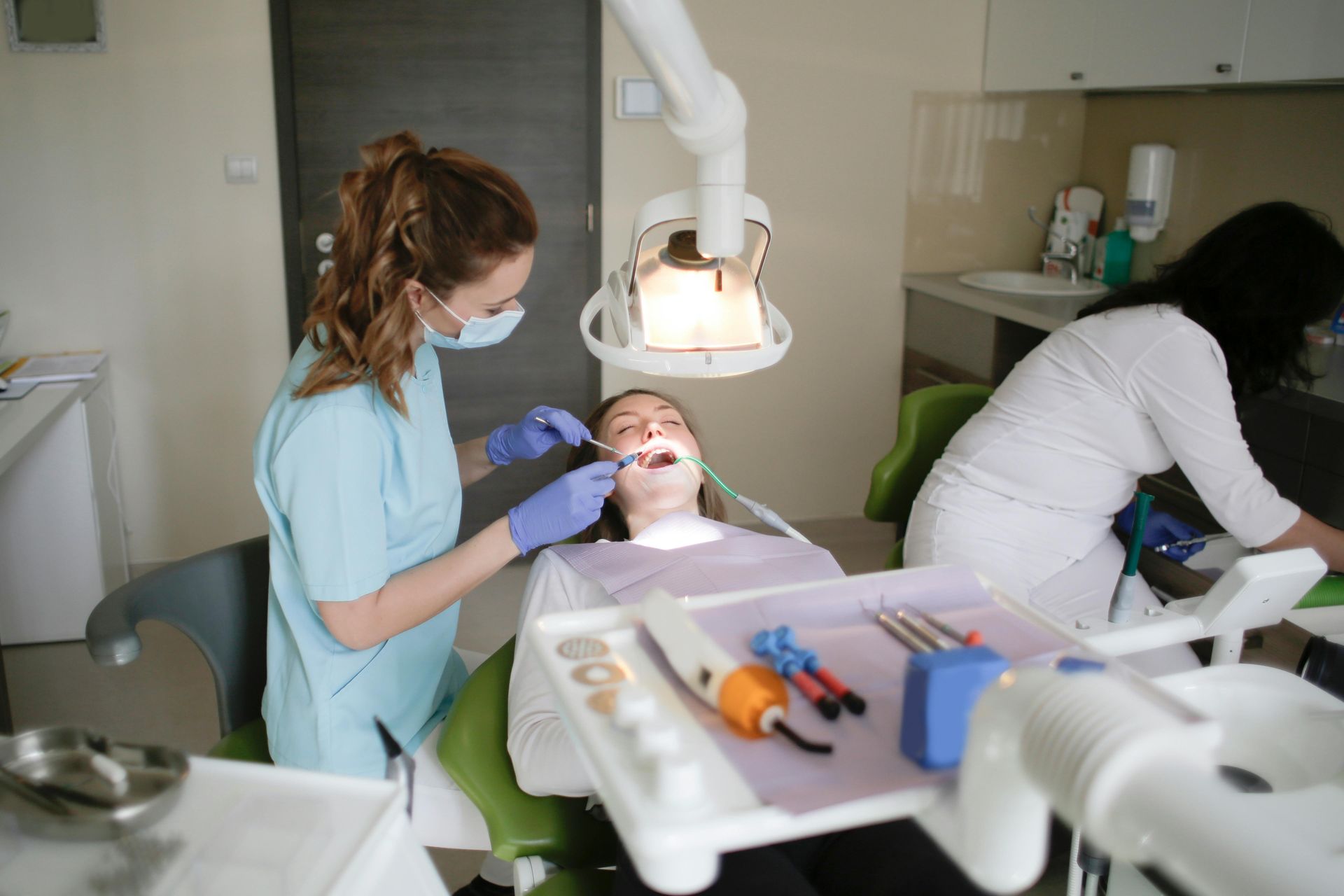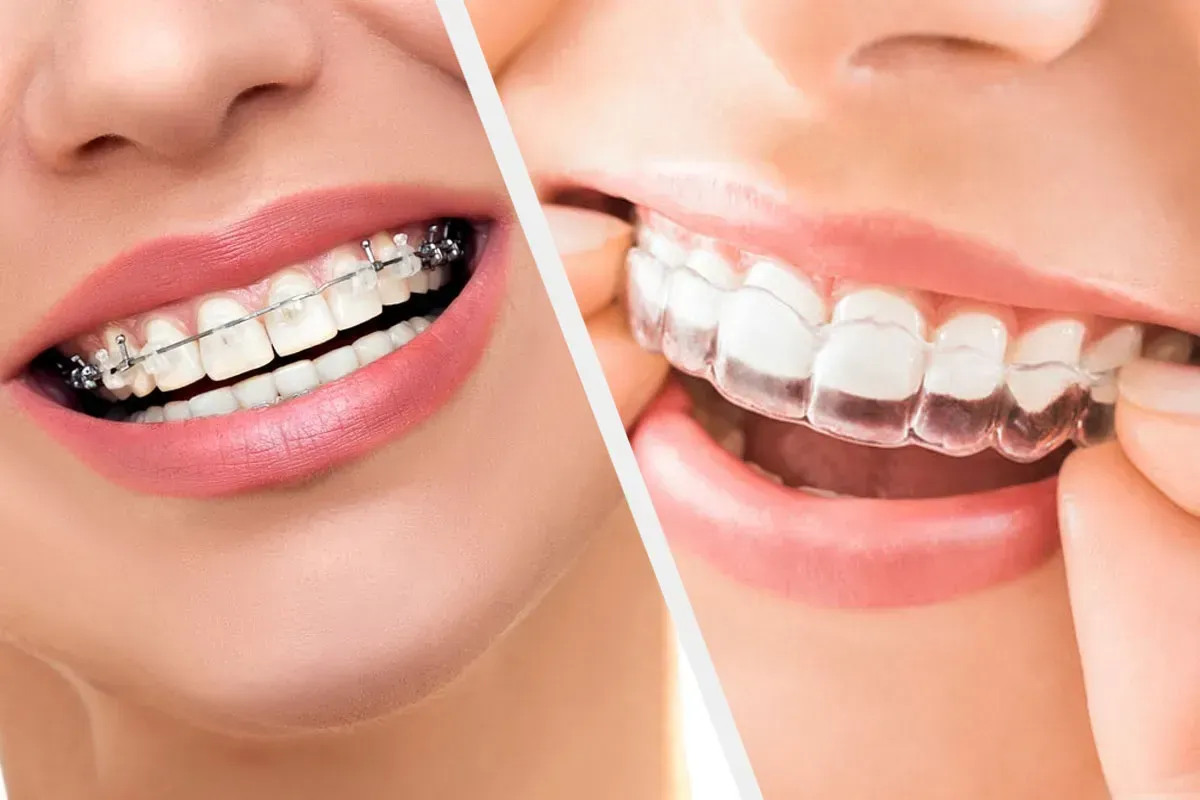Oral Health and Cardiac Care: Understanding the Hidden Relationship
The Oral-Heart Connection
Oral health and heart disease might seem unrelated at first glance, but growing research highlights a surprising link. Good oral hygiene is essential not just for a bright smile, but also for maintaining cardiovascular health. Neglecting dental care can lead to periodontal disease, which is a significant risk factor for heart conditions.
How Gum Disease Influences Heart Health
Gum disease, or periodontal disease, can significantly impact heart health. This condition is caused by harmful bacteria that lead to chronic inflammation of the gums. Studies suggest that individuals with gum disease have a higher risk of developing cardiovascular conditions, such as arterial plaque buildup, which could potentially lead to heart attacks.
Mechanisms of Inflammation and Bacterial Translocation
The link between gum disease and heart health lies in the mechanisms of inflammation and bacterial translocation. The bacteria responsible for periodontal disease can enter the bloodstream, causing inflammation elsewhere in the body, including the arteries. This chronic inflammation contributes to the formation of plaque on artery walls, increasing the risk of heart disease. By prioritizing oral hygiene practices and regular dental check-ups, individuals can mitigate these risks and maintain both a healthy heart and a healthy smile.
Shared Risk Factors
Oral health and heart disease are interconnected through several shared risk factors. Conditions such as diabetes, smoking, and poor diet contribute significantly to both oral health issues and cardiovascular diseases. Chronic inflammation, a common factor for heart disease, is often exacerbated by periodontal disease, which in turn can increase the risk of heart conditions. Regular dental check-ups and proper oral hygiene practices can help manage these risks.
Lifestyle Choices Affecting Both Oral and Cardiovascular Health
Lifestyle choices play a crucial role in maintaining both oral and cardiovascular health. Smoking, for instance, is a significant risk factor for gum disease and heart disease alike. A diet high in sugars and fats can lead to plaque buildup both in the mouth and in arteries, increasing the risk of periodontal disease and heart conditions. By adopting a balanced diet and avoiding tobacco, individuals can improve both their oral health and heart health.
The Role of Genetics in Oral and Heart Disease
Genetics also play an important role in determining the risk of oral and heart diseases. Certain genetic markers can predispose individuals to periodontal disease or cardiovascular conditions, even with a healthy lifestyle. While one cannot change their genetic makeup, being aware of a family history of these diseases can prompt more vigilant oral care and cardiovascular health monitoring. In individuals with a genetic predisposition, maintaining stringent oral hygiene and regular dental cleanings can help mitigate the increased risk.
Preventive Measures for Dual Health
Taking care of your oral health is not just about achieving a bright smile; it can also play a critical role in maintaining heart health. Evidence now suggests a surprising link between oral health issues and cardiovascular health, making it essential to adopt preventive measures that support both a healthy smile and heart. By prioritizing dental care, individuals can potentially reduce their risk of developing heart conditions linked to periodontal disease and oral bacteria.
Importance of good oral hygiene practices
Good oral hygiene practices are the first line of defense against oral bacteria that can lead to gum disease and other oral health issues. These practices include regular brushing and flossing, which help prevent plaque buildup and remove harmful bacteria responsible for periodontal disease. By maintaining healthy gums and minimizing chronic inflammation, individuals can lower risk factors associated with heart disease, promoting both a healthy heart and a healthy smile.
Regular dental check-ups and their impact on heart health
Regular dental check-ups are essential for detecting and preventing oral health problems that could contribute to cardiovascular disease. During dental cleanings, dentists can identify early signs of gum disease and help manage periodontal conditions before they affect cardiovascular health. By participating in regular dental visits, individuals can support arterial plaque control and potentially lower their risk of heart attacks, enhancing overall cardiovascular and oral health.
Warning Signs to Watch For
Recognizing the early warning signs of oral health issues is critical for maintaining both a healthy smile and a healthy heart. Many people are unaware of the surprising link between oral health and cardiovascular disease, but paying attention to your oral hygiene can significantly impact your overall cardiovascular health. Regular dental check-ups and cleanings are crucial in spotting potential problems before they escalate into serious health conditions.
Identifying Symptoms of Gum Disease
Gum disease, also known as periodontal disease, is an oral health concern that can have serious implications if left untreated. Early symptoms include red, swollen, or tender gums, persistent bad breath, and bleeding during brushing or flossing. As the disease progresses, individuals may notice gum recession, loose teeth, and changes in how teeth fit together when biting. These symptoms, although commonly overlooked, are significant indicators of underlying oral health issues that need to be addressed promptly.
Recognizing Cardiovascular Concerns Related to Oral Health
The link between oral health and heart disease is becoming increasingly evident through scientific research. Poor oral hygiene can lead to the buildup of harmful bacteria in the mouth, which in turn can contribute to plaque buildup in the arteries, raising the risk of cardiovascular conditions. Chronic inflammation from gum disease has been associated with an increased risk of heart attacks and other heart-related issues. Being vigilant about oral health not only prevents dental problems but also plays a key role in safeguarding against heart disease.
The Role of Professional Dental Care
Professional dental care plays a vital role in maintaining oral health, which is closely linked to overall well-being. Regular visits to dental professionals ensure that oral hygiene practices are effective, helping prevent oral health issues like gum disease. By focusing on oral care, individuals can also reduce risk factors associated with heart disease, such as chronic inflammation triggered by harmful oral bacteria.
How dental professionals can aid in preventing heart disease
Dental professionals are crucial in preventing heart disease by identifying early signs of periodontal disease and providing treatments to combat oral bacteria. Regular dental cleanings help remove plaque buildup, reducing the chance of developing arterial plaque that can lead to heart conditions. By educating patients on proper oral hygiene techniques, dentists empower individuals to maintain a healthy smile and support cardiovascular health.
Integrating dental visits into regular healthcare routines
Incorporating dental visits into regular healthcare routines can significantly impact heart health. Routine dental check-ups allow for timely detection and management of oral health issues, decreasing the risk of cardiovascular disease. Establishing a schedule for dental care, alongside medical check-ups, ensures comprehensive health management and contributes to a healthy heart and bright smile.
Comprehensive Patient Care
Comprehensive patient care goes beyond treating symptoms in isolation; it incorporates a holistic approach that considers the interconnectedness of bodily systems. One area where this approach is crucial is in recognizing the link between oral health and cardiovascular disease. By addressing oral health issues, which may contribute to heart conditions, healthcare providers can enhance overall patient well-being and reduce the risk of heart disease.
Understanding the Necessity of Interdisciplinary Approaches
Interdisciplinary approaches in healthcare involve the collaboration of specialists from different fields to deliver more effective patient care. In the context of oral and heart health, this means recognizing how oral bacteria and periodontal disease can impact cardiovascular health. Chronic inflammation from gum disease can lead to arterial plaque buildup, increasing the factor for heart disease. Understanding these links emphasizes the importance of including dental care in the management of cardiovascular health.
Strategies for Collaborating Between Dental and Cardiac Care Providers
Effective collaboration between dental and cardiac care providers can be achieved through shared patient records and regular communication. Dental professionals can alert cardiac specialists to oral health issues like gum disease, which might require medical attention. Similarly, cardiac care providers can advise patients on maintaining oral hygiene practices to support a healthy heart. Implementing regular dental check-ups and cleanings as part of cardiac health management may significantly reduce heart disease risks. Such collaboration ensures a comprehensive approach to maintaining both a bright smile and a healthy heart.
At Wexford Dental we offer only what you need dentistry in Scarborough. Call us today at 416-222-82-96 for a general review to discuss the best procedure for you.












